

Missing environmental cues often result in captive assurance colonies unable to provide long-term sustainable populations or produce enough animals for recovery efforts. Our lab develops reproductive technologies like hormone therapy, ultrasound analysis, in-vitro fertilization, artificial insemination and cryopreservation for genetically managing small populations.
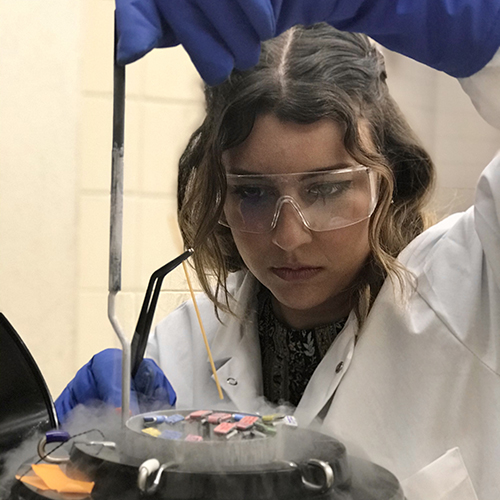
The NAGB’s mission is to: (1) research, preserve and administer in perpetuity a frozen repository of the amphibian tree of life that can be recovered to replicate new individuals for genetic management and restoration efforts; (2) train the next generation of amphibian collections care managers; and (3) provide educational outreach materials that impact the public’s knowledge, behavior and attitudes toward amphibian conservation.
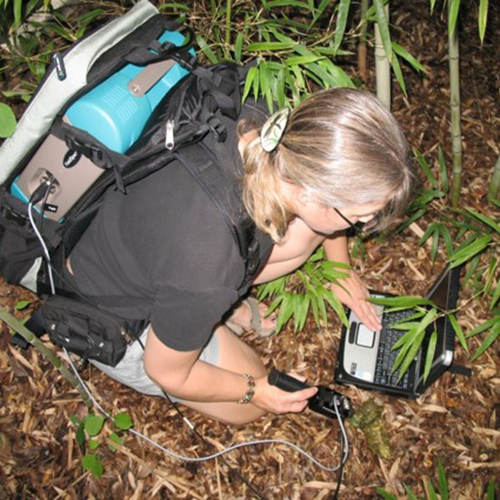
Novel remote imaging systems for whole animals, biological samples, plants and ecosystems provide a way to document physiological states, nutritional value and ecosystem health with conservation applications.
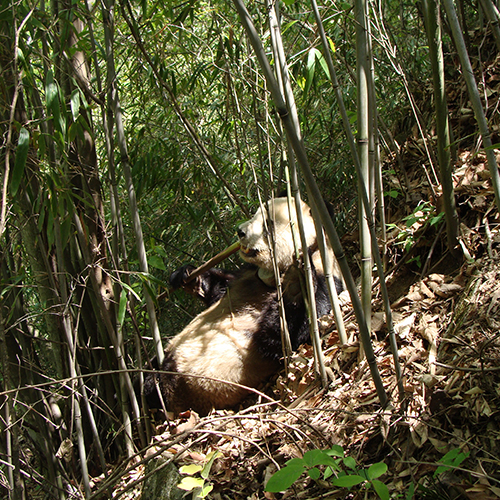
Our lab works closely with a number of partners, both in China and the U.S., to understand giant panda nutrition, reproduction and behavior.
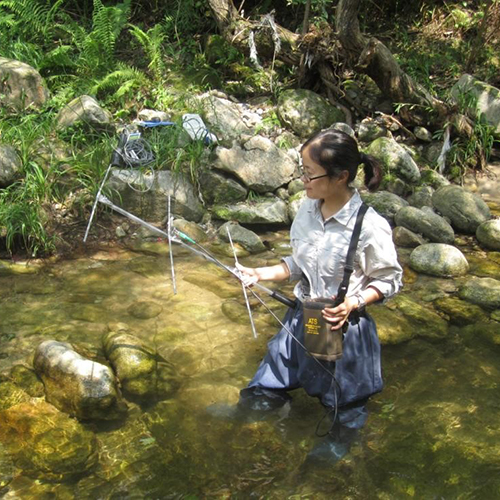
The goal of our lab is to study, facilitate and provide best management practices (BMPs) for the reintroduction of healthy, self-sustaining and genetically diverse amphibian populations in the U.S. and China.

In close collaboration with the U.S. Forest Service International Programs Office, we conduct interdisciplinary research to study the complex interactions among humans and natural systems at diverse scales.
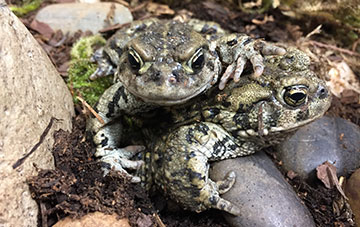
We conduct research aimed at developing assisted reproductive technologies for at-risk amphibian species.
Congratulations to MSU undergraduate student and presidential scholar, Lindsay Culpepper, on winning first place oral presentation at the January 2022 International Embryo Transfer Society (IETS) meeting for her talk on impacts of different culture media during early embryonic development in amphibians. Lindsay is currently a Conservation Physiology Lab Undergraduate Research Scholar.
